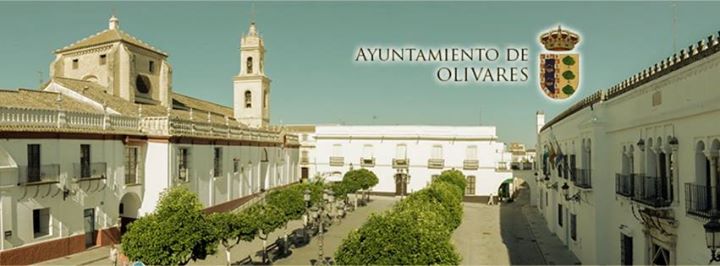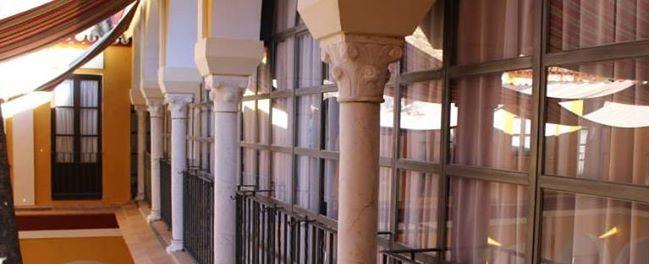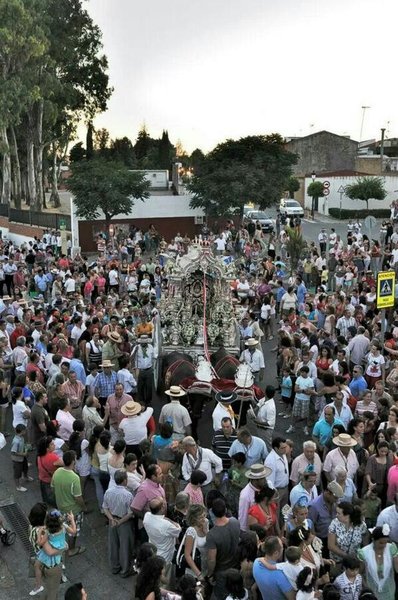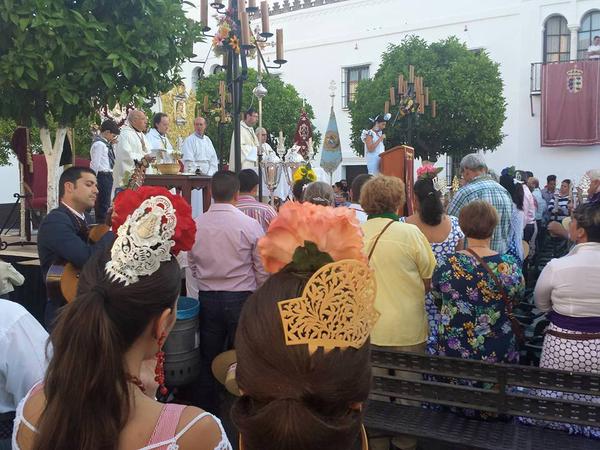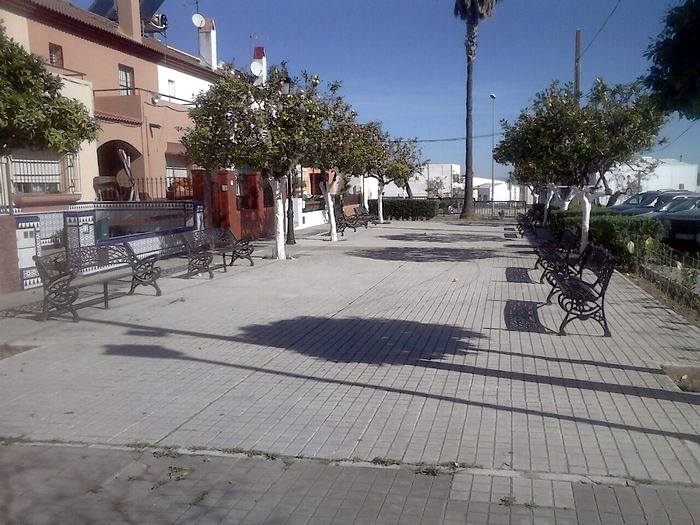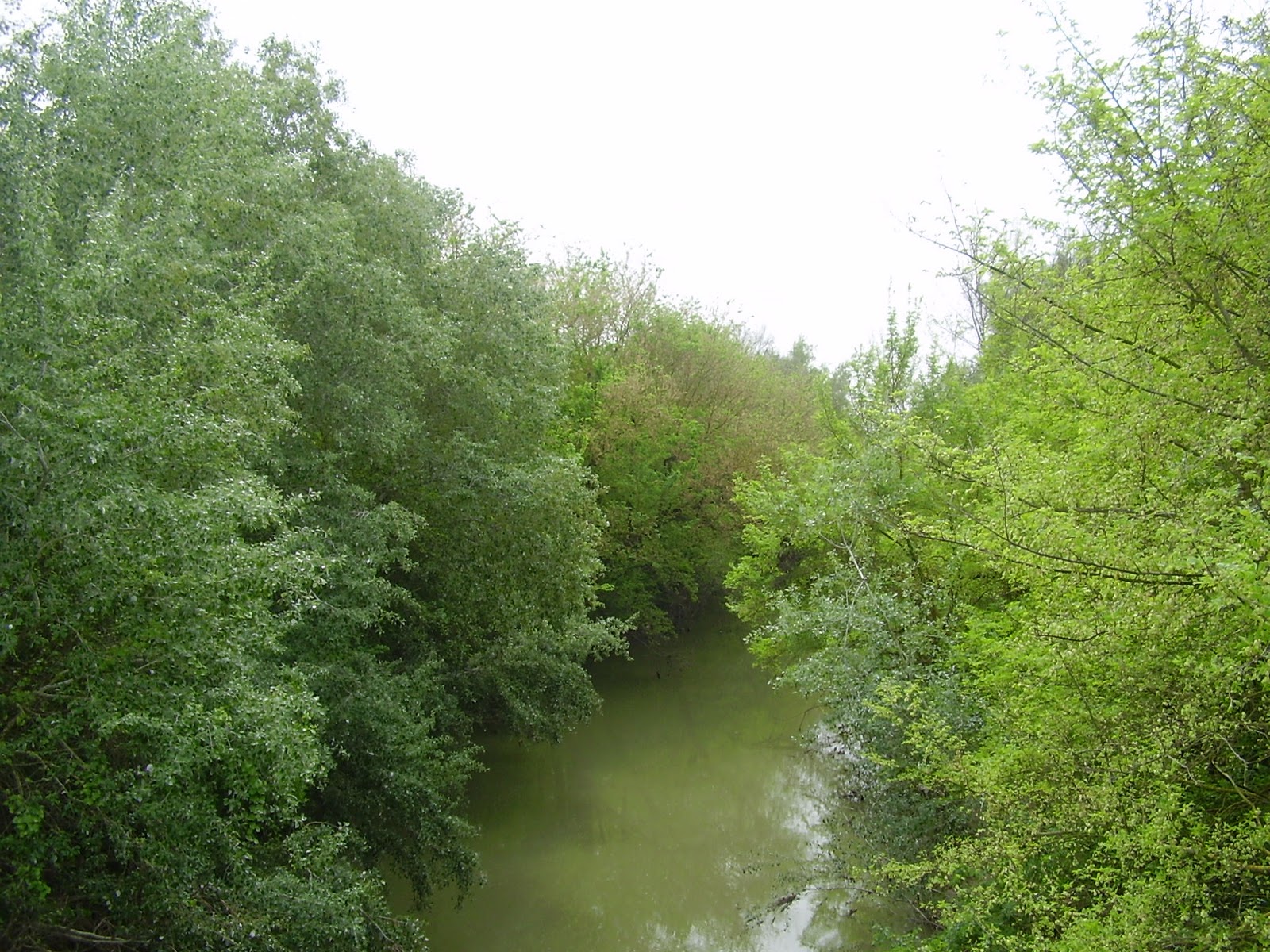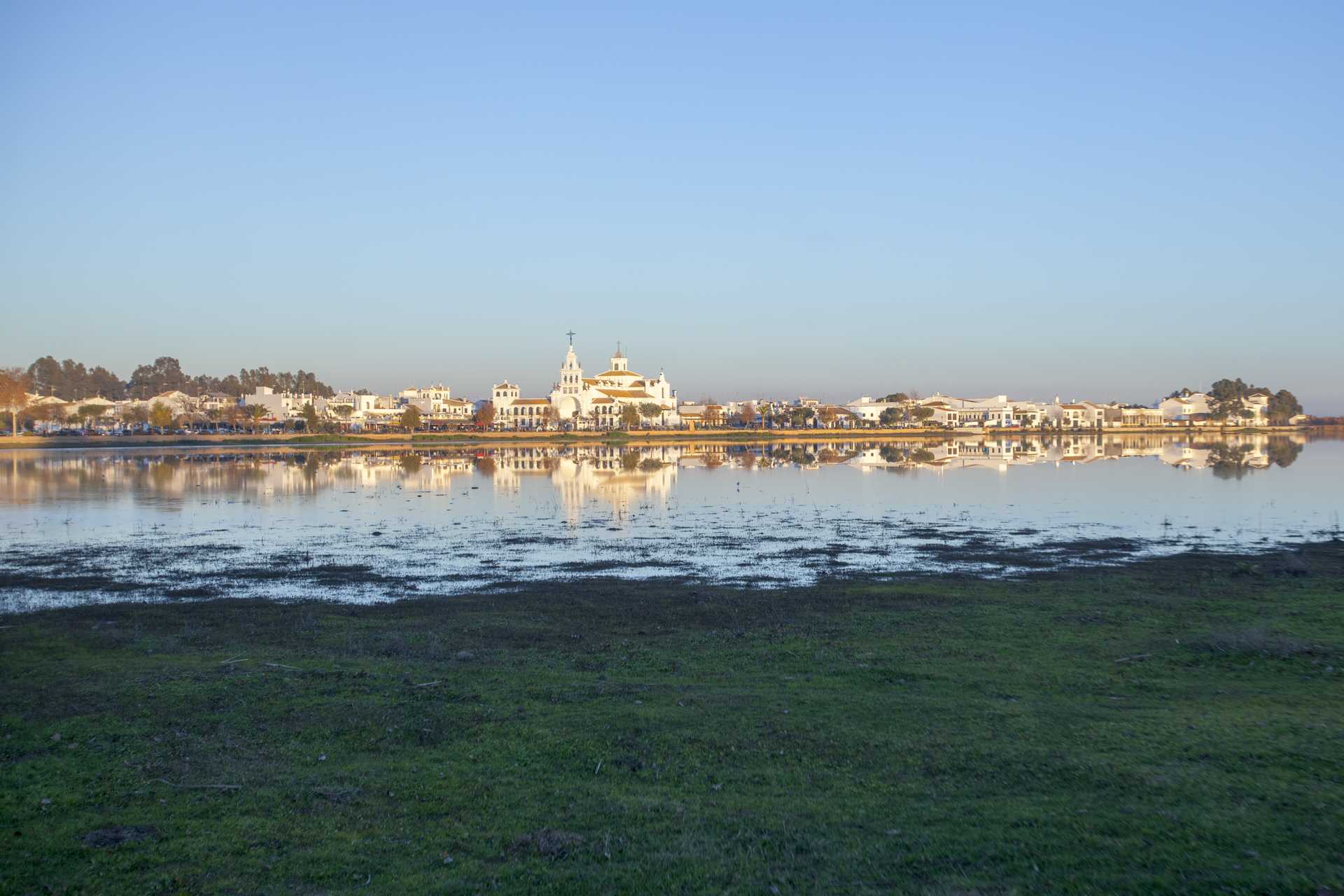Olivares
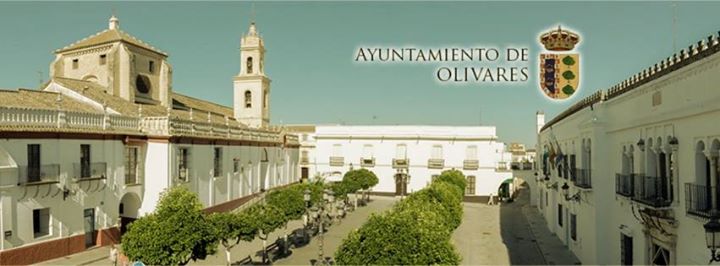
Town belonging to the Aljarafe and located in the middle of the region surrounded by farm land used to cultivate olive trees, cereals and herbaceous plants.
Olivares presents, in relation to the county in which it sits, the maximum elevation above sea level, Mount Torrux, which is 195.4 meters, so here are softened the rigors of Seville summer.
Birthplace of the famous Conde-Duque de Olivares, it conserves the tranquil and harmonious daily rhythm of the past, unaware of the urban bustle of neighbouring towns. Among Its narrow, windy streets and white houses stand beautiful monuments such as the Colegiata de Nuestra Señora de las Nieves, the Chapel of the Vera Cruz, the Palace of the Condes-Duques de Olivares, the Pósito (public granary), the Tower of San Antonio, Arab watchtower of the twelfth century and Abrevadero de la Coriana (source) from nineteenth century.
History
The remains of an aqueduct indicate that the oldest settlements date back to Roman times.
During the period of Al-Andalus there was only a small farmstead called Estercolines.
In the 16th century the town was re-established by Pedro Pérez de Guzmán and called Olivares, like the county.
It reached its maximum splendour under Gaspar de Guzmán, conde-duque de Olivares, favourite of Philip IV.
Eminent citizens
José Ramón Sierra, painter and architect.
Gerardo Delgado, painter.
Juana Gil-Bermejo, archivist, researcher and historian, she was director of the Archivo General de Indias.
José María Gil-Bermejo, painter.
Miguel Ángel Rodríguez Silva, painter.

- Max 14
- Min 13
- Max 57
- Min 55
- °C
- °F

